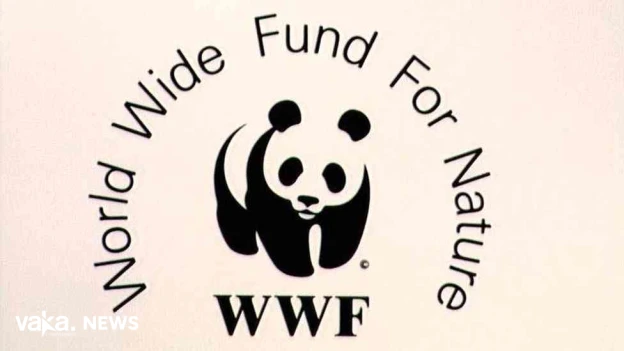Fertiliser, cement imports to continue
- Category: General

- By Admin
THE Government is keeping in place a special dispensation for importing fertiliser and cement to guarantee availability and affordability of the two critical commodities, a senior official has said. In November, the government permitted dealers and private citizens to import cement and fertilizer through the end of 2023 in an effort to avert severe shortages and stop price hikes. The government's decision to keep the status quo in place comes at a timely moment, since there are new hopes for agricultural harvests that exceed expectations because of the rains. The early dry spell generated fears about a probable drop in harvests for the 2023/2024 summer planting season, but most sections of the country have been receiving rains since mid-December. According to Dr. Thomas Wushe, Permanent Secretary in the Ministry of Industry and Commerce, "we are not stopping fertiliser imports as the season looks much brighter than initially projected" to The Sunday Mail Business last week. Additionally, he stated that imports of cement were still going on because the permitted amounts from earlier permits had not run out. The price of cement had increased to around US$20 per 50kg bag, up from an average US$9. This has had a negative impact on the construction sector, as property developers are now paying more for cement, which is a key input cost driveDr. Wushe continued, "The permits haven't been fully dispensed and imports are continuing." "The situation regarding the supply of cement is improving, and we will keep an eye on local production while consulting with the cement companies in the area." It seems that local businesses are increasing their output. Prior to the special dispensation, prices had increased by up to 100%, severely affecting a number of significant infrastructure projects. r. The expiration of import licenses had also contributed to the significant rise in cement prices by widening the supply gap. To help cement manufacturers close the gap between local supply and demand, the government has started granting import licenses to these companies. But a lot of these licenses have now passed their expiration date, which has caused a decrease in imports and an even tighter supply. But imports have contributed to reining in wild prices. Nowadays, a 50 kg bag of cement costs about $12 USD. The demand for the commodity has been driven by large-scale infrastructure development projects undertaken by the government and by individuals. In the field of agriculture, the government is currently forecasting better-than-expected rains, which coincides with the continuation of the special permission to import fertilizer. The World Meteorological Organization (WMO) issued a warning in July of last year, stating that the El Niño weather phenomena would cause extreme weather and rising global temperatures. According to the UN weather office, there was a 90% chance that the El Niño phenomenon will continue throughout the second half of the year. Farmers who planted early and those whose crop survived the early season dry spell are benefitting from the recent rains and could have a better yield that initially forecast. “Our maize crop is now safe . . . just three well-distributed downpours will give us a good harvest,” Ms Emarald Chitsamba, a smallholder farmer in Mutasa District, Manicaland province, said. Zimbabwe Commercial Farmers Union president Dr Shadreck Makombe said the rains being received across the country have boosted prospects of a good harvest. He encouraged farmers to take advantage of the current rains to plant short-season varieties and practice good agronomic practices. It was anticipated to have a modest strength as well. The phenomena, which the WMO describes as a naturally occurring climate trend associated with the rising of ocean surface temperatures in the central and eastern Pacific Ocean, happens in nine- to 12-month cycles every two to seven years. Zimbabwe, Mozambique, and Madagascar were identified as countries in Southern Africa that were extremely vulnerable to the powerful climate event. Preliminary predictions indicated significantly drier than typical weather for the October–December timeframe. Since then, though, the nation has had moderate to below-average rainfall. He declared, "We encourage farmers to work with experts." He praised the government for allowing the import of fertilisers as well, stating that this action gave farmers access to free money for stocking and importing for the upcoming season. Contact Us Editorial: dion@vaka.co.zw Advertising: advertising@vaka.co.zw : news@vaka.co.zw Whatsapp: +263787980064






